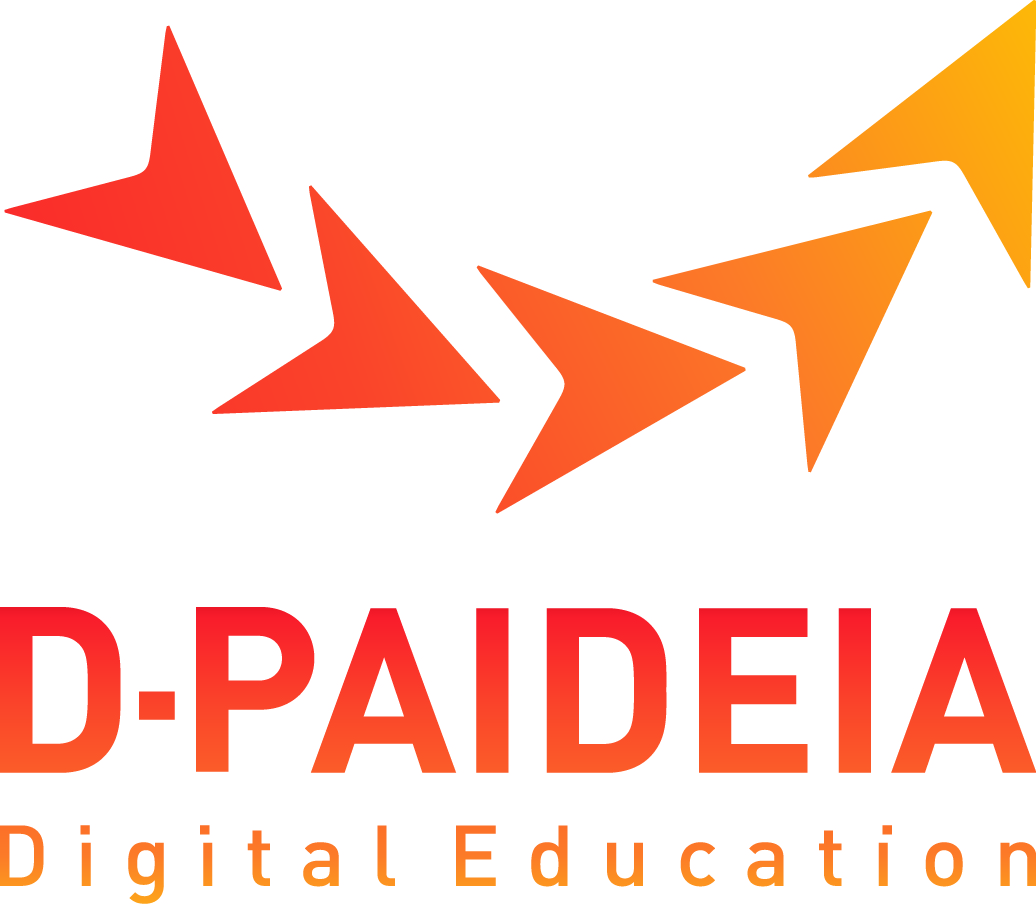
On February 6, 2025, the University of Girona hosted an event as part of the European D-PAIDEIA project. Held at the Manel Xifra Auditorium in the UdG Science and Technology Park, the event brought together around fifty participants, mainly school teachers, digital coordinators, and members of school leadership teams. The aim was to explore the intersections of digital pedagogical competence and digital well-being through a rich blend of theoretical reflection, practical tools, and collaborative learning experiences.
The day began with a warm welcome and a comprehensive introduction to the D-PAIDEIA project. The opening session provided an insightful overview of the challenges and opportunities associated with digital teaching and learning, as well as the project’s aim to support educators in developing robust digital pedagogical strategies.
A keynote presentation by Sara Malo focused on the topic of digital well-being among children and young people. Her talk addressed pressing concerns around screen time, online identity, and mental health, prompting participants to consider how schools can play a more proactive role in fostering digital balance and ethical use of technology.
Participants then took part in a collaborative session designed around real-world case studies. These explored issues related to digital identity and the challenge of maintaining a healthy work-life balance in increasingly digitised contexts. Small-group discussions encouraged peer learning and critical engagement, followed by a whole-group synthesis of key takeaways.
After a lively coffee break featuring a card-based game to promote informal dialogue, the programme continued with the screening of short videos on digital well-being. These served as catalysts for further reflection and debate in smaller groups, culminating in shared conclusions that highlighted the complexity and importance of the topic.
A key highlight was the workshop on Artificial Intelligence and Education. Participants explored the current and future implications of AI in the classroom, discussing both its potential and the ethical challenges it presents. The interactive format enabled participants to engage directly with emerging technologies and consider their practical applications.

The afternoon sessions focused on self-assessment tools aimed at helping educators understand and improve their digital competencies. Participants experimented with two tools —midiSELFIE and D-PAIDEIA Extension— reflecting in groups on the results. These conversations provided a valuable opportunity to connect personal professional development with institutional digital strategies.
The day concluded with a final session on action planning, encouraging schools to integrate the insights gained into their broader digital plans. A practical guide was presented to help schools develop tailored action plans, fostering a sustainable and context-sensitive approach to digital transformation.

With over fifty engaged participants, the event exemplified the D-PAIDEIA project’s vision: empowering educators to navigate the digital era with confidence, creativity, and care. It was a day not only of learning, but also of collective commitment to shaping a more thoughtful and balanced digital future for education.
